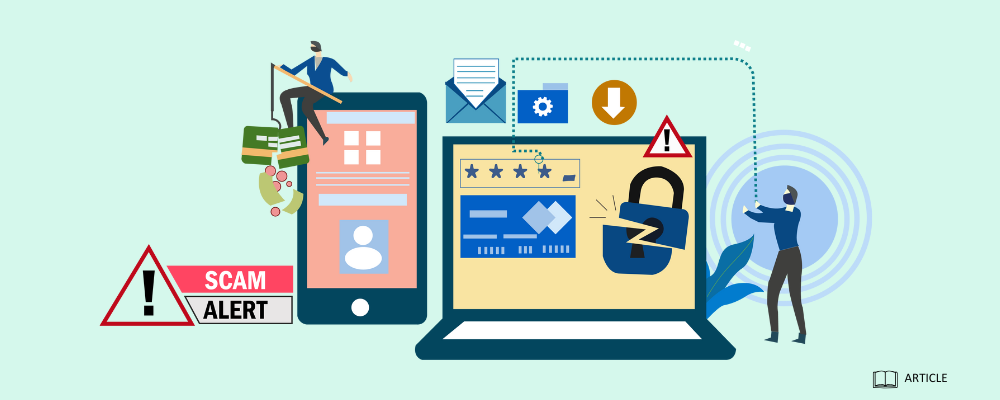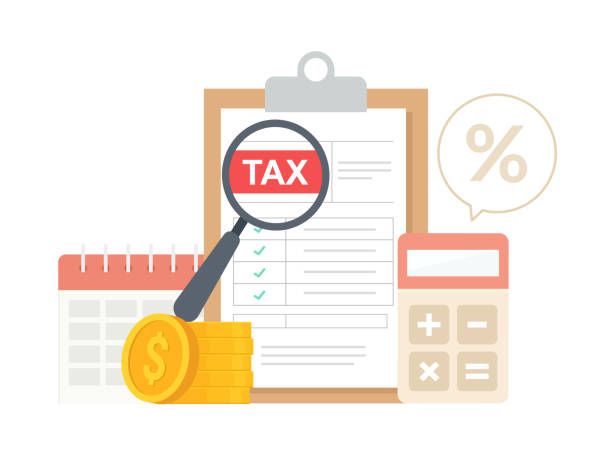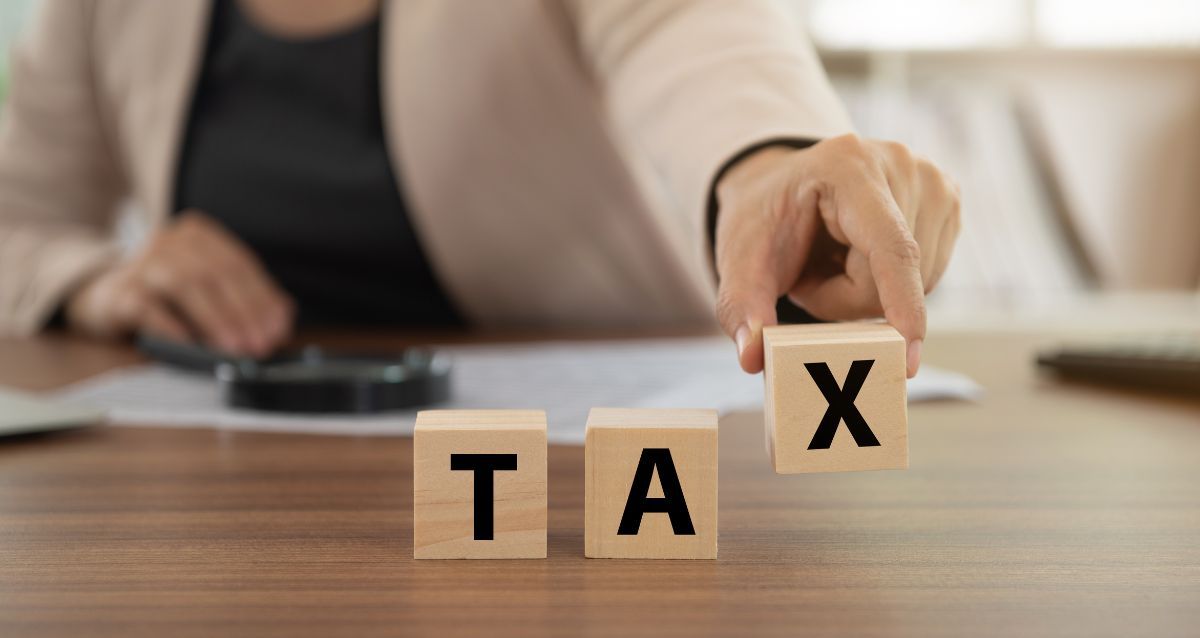Tax Planning Tips for Australian Small Businesses
How to minimise your tax liability and maximise your cash flow before the end of the financial year
Timing of Invoicing
One of the simplest ways to reduce your taxable income is to delay issuing invoices until after 30 June. This way, you can defer the income and the tax payable to the next financial year. However, this strategy may not suit your cash flow needs, especially if you have outstanding bills or debts to pay. Therefore, you should consider the timing of your invoicing carefully and weigh the benefits and costs of postponing your income.
Write Off Bad Debtors
If you have any customers who owe you money and are unlikely to pay, you can write off their debts as bad debts and claim a tax deduction. However, you need to make sure that you have taken all reasonable steps to recover the debt, such as sending reminders, making phone calls, or engaging a debt collection agency. You also need to write off the debt in your books before 30 June and have evidence to support your decision.
Pre-Payment of Expenses
Another way to lower your taxable income is to pre-pay some of your business expenses for the next financial year, such as rent, insurance, subscriptions, or interest. You can claim a tax deduction for these expenses in the current financial year, as long as the service period is 12 months or less. However, you should only pre-pay expenses that are necessary and beneficial for your business, and not just for the sake of saving tax.
Review Stock on Hand
If you have any stock or inventory in your business, you should conduct a stocktake before 30 June and value your stock at the lower of cost, market value, or replacement value. This can help you reduce your taxable income by writing off any obsolete, damaged, or unsaleable stock. You should also review your stock valuation methods and choose the one that best reflects your business circumstances and profitability.
Other Matters
Besides the above tips, there are other matters that you should consider for your tax planning, such as:
- Claiming all the eligible deductions for your business, such as home office expenses, car expenses, travel expenses, depreciation, and donations.
- Utilising the instant asset write-off scheme, which allows you to claim a full deduction for the cost of eligible assets less than $20,000 each, prior to 30 June 2023.
- Contributing to your superannuation fund, which can help you save for your retirement and reduce your tax liability, subject to the contribution caps and rules.
Primary Producers
Some tax planning strategies that may be relevant for business entities in the primary production sector are:
- Opening a farm management deposit (FMD) account, which allows you to defer your taxable income from primary production activities in years of high income and withdraw it in years of low income. This can help you smooth out your income and tax liability over time. You can claim a deduction for the amount deposited into an FMD account, up to a maximum of $800,000, and pay tax on the amount withdrawn.
- Timing your income and expenses to suit your cash flow and tax position. For example, you may want to delay selling your livestock or crops until after 30 June to defer the income to the next financial year. However, you need to consider the impact of these decisions on your cash flow needs.
- Claiming accelerated depreciation on certain assets used in your primary production business, such as fencing, fodder storage and water facilities. These assets have an immediate deduction available on them.
Tax planning is an important part of running a successful small business. By following these tips, you can minimise your tax liability and maximise your cash flow before the end of the financial year. However, you should always consult your tax agent before making any tax-related decisions, as we can provide you with tailored advice based on your specific situation and goals.
The post Tax Planning Tips for Australian Small Businesses appeared first on Green Taylor Partners.
More GTP Articles






